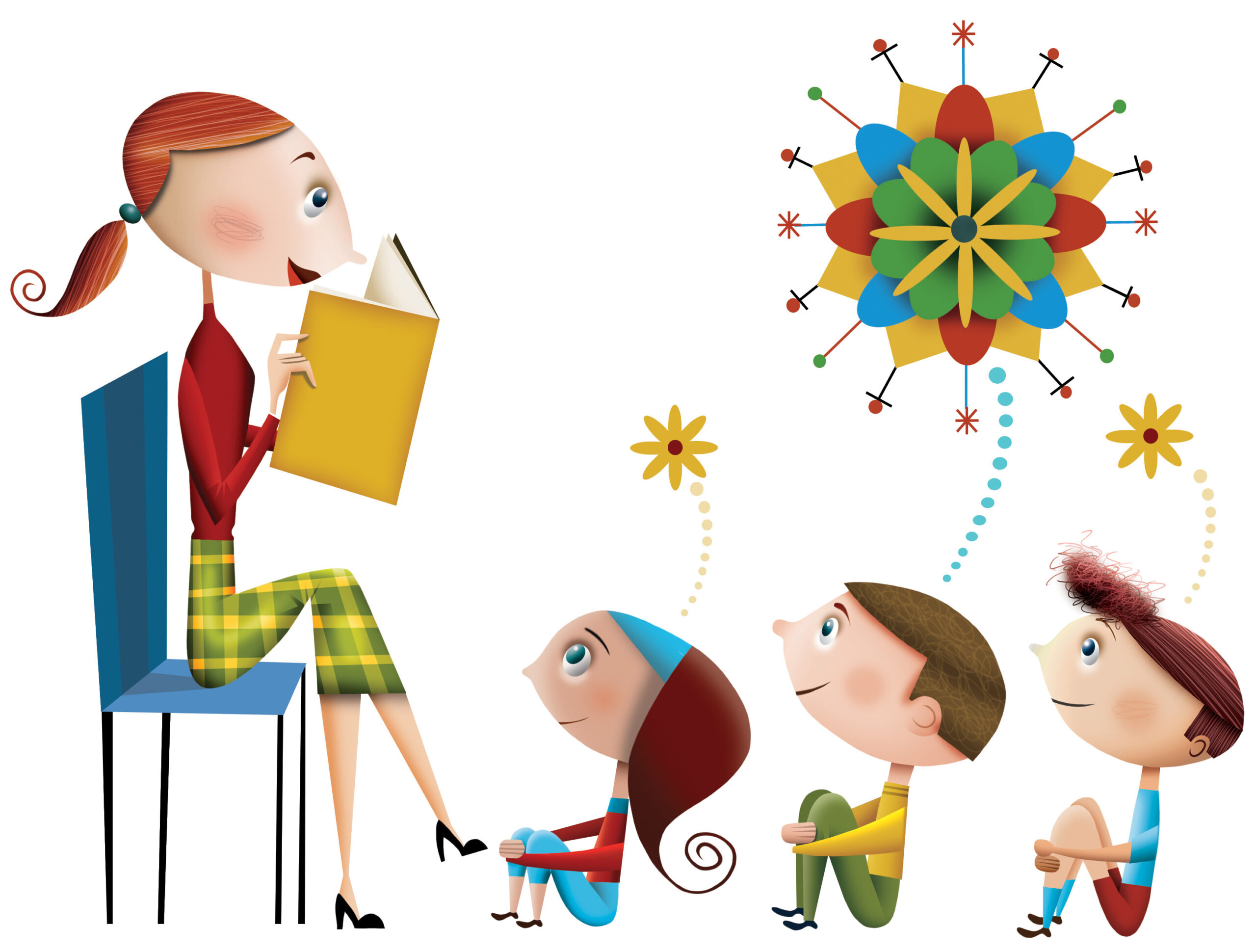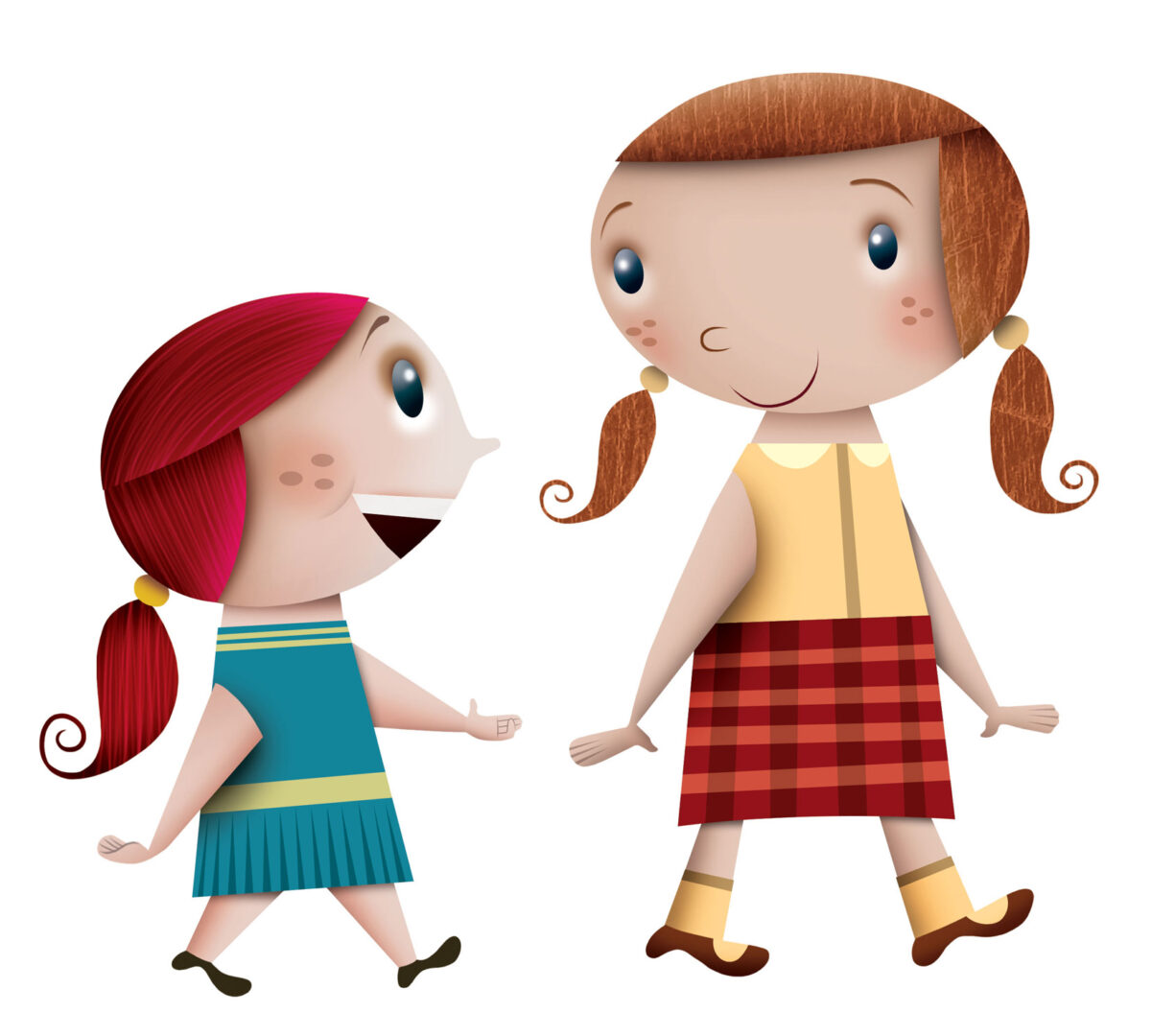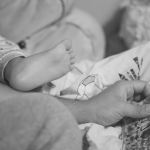
02 Jul Why gifted children aren’t always readily identified
Can you spot a gifted child? It’s not easy, writes Kerry Hodge, but it’s important that parents and teachers recognise and develop their exceptional abilities.
When you have known hundreds of children, your memory of some of them – however engaging they were – gradually fades. Other children remain very clearly in focus. Jonathan, aged three, easily completed a 48-piece puzzle and invented variations on the songs learned at kindergarten. He was fascinated by numbers, especially big numbers, and at about the age of four-and-a-half he discovered that various combinations of numbers could all add up to 10.
Sonja was just three years old when she came into my kindergarten class, having read for herself the letter I had sent out to families of the newly enrolled children. She needed help with only one word. She wrote numbers up to 100 in an array of colours and could read them. One day she confided: “Do you know that geese is the plural of goose?” I remember Sonja’s mother too, and her confession that, having had an older gifted child whose education was problematic, she had prayed that this second child would be ‘normal’. She dreamed of enjoying a ‘fitting in’ child rather than having to negotiate with teachers about appropriate levels of work and homework and deal with other parents’ assumptions about hothousing!
Jonathan and Sonja were lucky. Both gave very clear indications of their advanced development, and their parents were able to tune in early to the need for modifications to the usual educational activities provided to children of their age. For Sonja, this meant starting formal schooling a year earlier than usual. Although not guaranteed a smooth educational path, both children were recognised as intellectually gifted early, which is an important step towards ensuring appropriately high expectations from their teachers, and access to academic work at a satisfying pace and level of challenge.
What does it mean to be intellectually gifted?
Scholars have been debating definitions for decades. One model, Canadian Françoys Gagné, has been refining for more than 20 years. Gagné’s model was at the heart of the 2004 revision of the Gifted and Talented Policy of the NSW Department of Education and Training and also underlies the approach to giftedness taken by many school sectors nationwide.
Gagné describes giftedness as high natural abilities that become high achievement (talent) only through a long developmental process. Factors in the child and factors in the home and school environments either assist this talent development, or hinder it – resulting in achievement below the child’s potential.
The natural abilities that young intellectually gifted children possess include rapid learning and accurate recall, logical reasoning, abstract thinking and intense interests that lead to deep knowledge. These children enjoy challenge and complexity and can concentrate for a long time when interested. Some show an early interest and skill in ‘academic’ areas such as numbers, reading and writing, or in spatial activities (construction, maps, puzzles, mazes). Most are early talkers and quickly accumulate a sophisticated vocabulary.
Surely, with these natural abilities, gifted children are easy to spot in a classroom. If, like Jonathan and Sonja, they reveal their passion for learning and persevere towards their goals in spite of obstacles, parents and teachers do notice. This is what many people expect of a gifted child. However, for some gifted children, personality factors or family factors can lead to underestimation of their abilities and a loss of important nurturing of their remarkable strengths.
Matilda is introverted and does not like to draw attention, especially adult attention, to herself. She doesn’t mix much with the other children; having one friend who shares her imaginary land every playtime is enough. Matilda started school able to read simple books and sound out regular words, but is a perfectionist. If she thinks she might not know even one of the words on a page, she won’t read aloud to her teacher or her reading group’s parent helper. It’s hard for Matilda’s teacher to confirm her parents’ assertions that she has moved beyond learning the letter-sound relationships. Cate is another perfectionist. She speaks a different language at home and is worried about using the wrong words in class. Her parents know that, like her much older siblings, she is very bright, but they don’t know how quiet she is at school or that her teacher believes Cate is of average ability.
 For some children, family factors can make it less likely that their gifted characteristics will be recognised and nurtured at home and at school. In Billy’s family, his older brother is ‘the gifted one’. His dad describes Billy as mischievous and stubborn, less conscientious and compliant than his brother. Billy’s teacher, who has taught both boys, views him in much the same way and as less able than his brother, although tests have revealed similar ability levels in the brothers. There is no awareness here that characteristics of giftedness can be expressed in ‘negative’ ways. Poppy is Aboriginal and her mum is in prison. Teachers’ expectations are low for the children in Poppy’s small rural school, so her love of maths goes unrecognised, and her carer is too busy providing basic care to notice that Poppy is exceptional.
For some children, family factors can make it less likely that their gifted characteristics will be recognised and nurtured at home and at school. In Billy’s family, his older brother is ‘the gifted one’. His dad describes Billy as mischievous and stubborn, less conscientious and compliant than his brother. Billy’s teacher, who has taught both boys, views him in much the same way and as less able than his brother, although tests have revealed similar ability levels in the brothers. There is no awareness here that characteristics of giftedness can be expressed in ‘negative’ ways. Poppy is Aboriginal and her mum is in prison. Teachers’ expectations are low for the children in Poppy’s small rural school, so her love of maths goes unrecognised, and her carer is too busy providing basic care to notice that Poppy is exceptional.
Identifying a gifted child is not about labelling him or her as belonging to an elite ‘club’ of smart children. The point is that detecting a child’s high intellectual abilities can lead to them being given work at an appropriate level and pace, ensuring that new concepts and skills are learned. Every child deserves to learn new things in school.
Having to practise skills previously learned (perhaps years before), or waiting while others catch up, is not an appropriate education and can quickly lead to daydreaming or ‘acting up’ in class. Bad work habits and negative attitudes to school learning can develop and become entrenched.
Identifying giftedness is also about being alert to the possibility that introversion, intensity, perfectionism, sensitivity to criticism, and an early awareness of moral or social issues (all common among gifted children) can create difficulties for the child. Gifted children are also likely to need to make friends with older children whose interests and ideas about friendship are of a similar maturity to their own.
Giving children an opportunity to show what they can do, and adjusting their learning accordingly, is sensible. After all, we expect teachers to adjust their teaching for children with a disability or learning difficulty. The trend in some States and Territories towards systematic assessment of children’s knowledge and skills as they enter school can reveal not only those children who will need additional assistance, but also those with established skills.
In many Australian schools systematic assessments are implemented in the first school term. For many parents of gifted children, this will be the first objective assessment of the skills they have observed, or perhaps failed to notice, in their child’s pre-school years.
Having recognised advanced development or potential, teachers then need to respond in ways that nurture this potential into high achievement. Teachers have support for this as each State and Territory education department has a policy on the education of gifted and talented students, as well as support documents or packages.
We know from past research that followed gifted children into adulthood, that they don’t always succeed at school or go on to lead productive, fulfilling lives as adults. Learning how to spot a child like Matilda or Billy, Cate or Poppy and the diverse ways in which they express their abilities while young, can lead to adjustment of their learning tasks and recognition of the emotional and practical support they require. Assistance to engage and remain engaged with their schooling is what all children need from their parents and teachers.
Illustrations by Shane McGowan
Kerry Hodge, PhD. Is a retired academic in gifted education and early childhood education.




